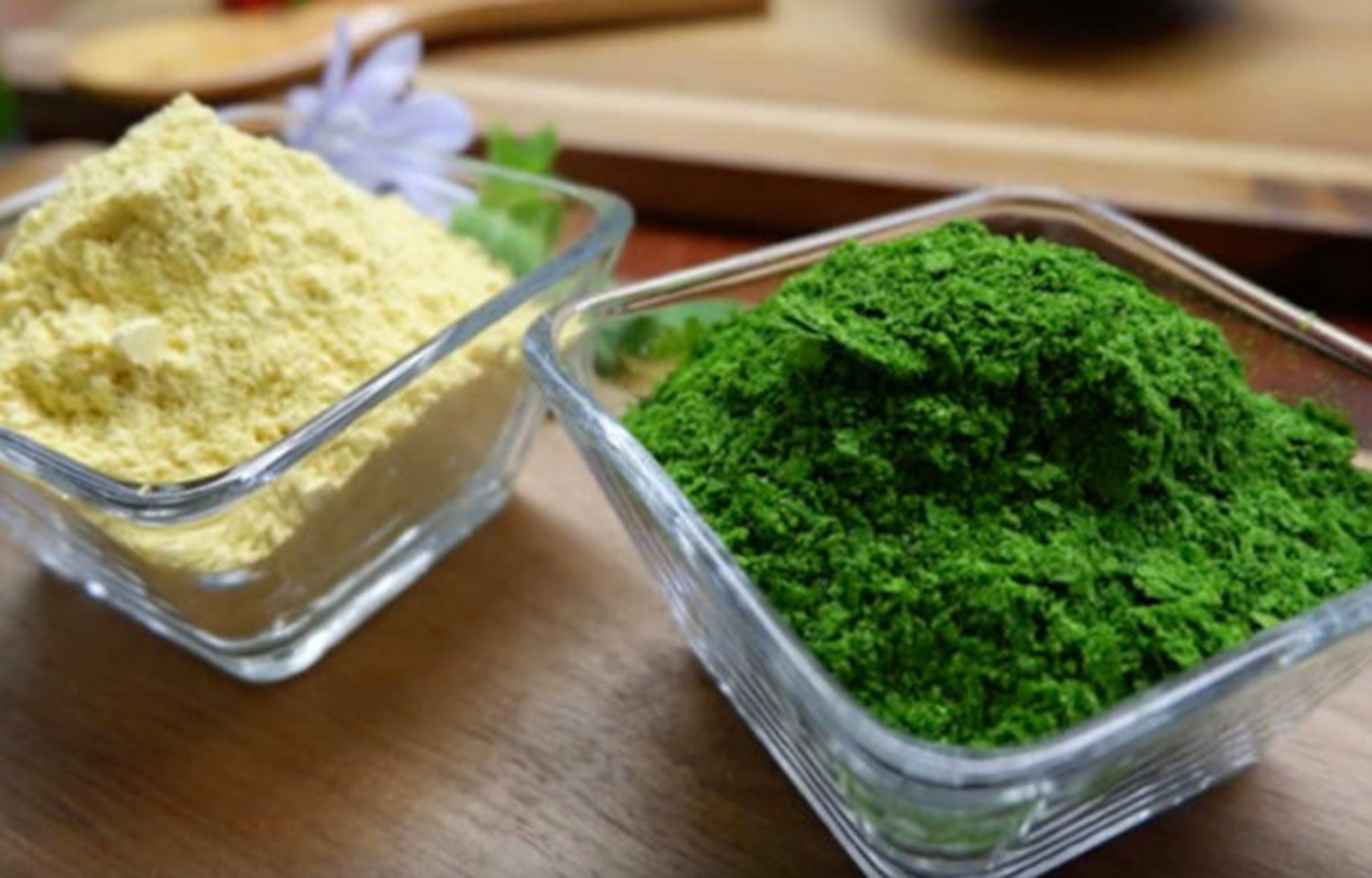Kuehnle AgroSystems (KAS) has received an investment from S2G Ventures as part of its USD 3 million (EUR 2.7 million) Series A2 funding round.
With the funding, the Honolulu, Hawaii, U.S.A.-based microalgal innovation and production company hopes to reach commercialization of its microalgae-derived astaxanthin for use in aquafeed this year.
“KAS's fermentation breakthrough, natural strain development process, and sustainable production method all have the potential to transform the natural astaxanthin market – a key input for more sustainable aquaculture practices that can drive better outcomes for people and the planet," S2G Ventures Managing Director Larsen Mettler said. "We are proud to be part of KAS's journey and look forward to supporting the impact they are poised to make in the market."
S2G Ventures is an investment firm founded in 2023 to provide “capital, mentorship, and value-added resources to companies pursuing innovative market-based solutions that generate positive social, environmental, and financial returns.” It provides seed and venture funding through growth equity and infrastructure financing to companies in the food, agriculture, oceans, and energy markets.
Founded in 2007, KAS has patented a process employing dark fermentation in closed vertical tank systems to produce astaxanthin – used in feed for salmonids and shrimp to give them a red coloration.
“Ninety-five percent of astaxanthin currently used in aquaculture feed is synthetic and derived from petrochemicals. KAS aims to replace synthetic with natural algal astaxanthin, addressing a market that is estimated to be valued at around USD 2.3 billion [EUR 2.1 billion] per year,” the company said. “Utilizing a more sustainable feedstock and production method than current natural and synthetic astaxanthin production methods, KAS’s process results in lower production costs, higher yields, faster growth times, and less water and energy consumption.”
The latest funding round will enable KAS to produce high-quality natural algae astaxanthin production at faster and more affordable rates, KAS CEO Claude Kaplan said.
"Strong consumer preference for natural inputs is expected to accelerate the transition from synthetic to natural astaxanthin," Kaplan said. "With our ability to generate greater astaxanthin output volumes quicker and at a reduced cost compared to light-dependent methods, this funding strongly positions KAS to respond to the rapidly expanding needs of the market."
Initially, KAS plans to release its first commercially available products via its European-based production partner, which will have the capacity to distribute globally. KAS plans to continue to use contract manufacturers in the short term, with an eventual option of internal production in the future.
“While KAS's process is inherently more resource-efficient than competitors, the company’s technology also holds future potential for recycling the gas generated during fermentation to produce feedstock to be fed back into the fermentation process, creating fully circular algal products,” Kaplan said.
Previous KAS funders include Aqua-Spark, Hatch, and Cavallo Ventures, which participated in the company’s Series A fundraising campaign that closed in April 2022.
“We continue to be impressed by the KAS team’s capacity to leverage their scientific and commercial knowledge to produce a truly innovative solution for replacing synthetic with natural astaxanthin,” Aqua-Spark CEO Lissy Smit said. “As the aquaculture industry continues to grow at a rapid pace, we need more companies like KAS that are solving core challenges in the value chain to ensure our food system is healthier and more sustainable for consumers and the planet.”








